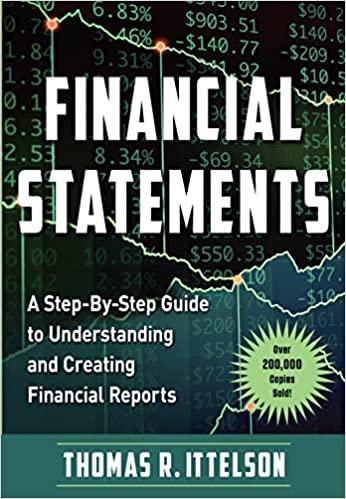
Valuation of a company using the FCFF method Fall 2019. Dallas Corp.'s shareholders have voted to refocus the company on its core bolts manufacturing operations. As part of this process, the company is seeking to divest Latch Inc., its latches subsidiary. Dallas Corp. and Paso Corp., a potential acquirer, have agreed on the following projections for Latch over the next 8 years (2020-2027): Sales in 2020 (first projected year) are expected to be $120.0 million, a 5% growth over the preceding year. - 2021-2023: sales are expected to grow at a 6% annual rate. - 2024-2027: sales are expected to grow at a 3% annual rate. EBIT margins over the period will improve from 40% by increment of 0.5% every year until it reaches 43% and remains at this level. - EBIT is projected to grow by 1.5% per year in perpetuity after 2027. Capital expenditure requirements are assumed to be equal to depreciation. Net working capital requirements are forecast as 10% of sales. Paso Corp. does not expect any synergy from the acquisition. The transaction is expected to close on December 31, 2019. Latch has debt with a market and book value of $50 million (same estimated values as of 12/31/19). We assume that Latch has the same business risk as Paso Corp., also a manufacturer of latches, and the same proportion of debt as Paso Corp., which has a WACC of 11%. Assume a 30% tax rate. Find Latch's equity value at the closing date and build a sensitivity table for different assumptions in the terminal EBIT growth rate (from 0% to 3% by increments of 0.5%) and WACC from plus or minus 2% around its current value by increments of 1%... a....assuming that all cash flows during a year occur at year-end b....assuming that all cash flows are generated mid-year Use Excel's Data Table function. Valuation of a company using the FCFF method Fall 2019. Dallas Corp.'s shareholders have voted to refocus the company on its core bolts manufacturing operations. As part of this process, the company is seeking to divest Latch Inc., its latches subsidiary. Dallas Corp. and Paso Corp., a potential acquirer, have agreed on the following projections for Latch over the next 8 years (2020-2027): Sales in 2020 (first projected year) are expected to be $120.0 million, a 5% growth over the preceding year. - 2021-2023: sales are expected to grow at a 6% annual rate. - 2024-2027: sales are expected to grow at a 3% annual rate. EBIT margins over the period will improve from 40% by increment of 0.5% every year until it reaches 43% and remains at this level. - EBIT is projected to grow by 1.5% per year in perpetuity after 2027. Capital expenditure requirements are assumed to be equal to depreciation. Net working capital requirements are forecast as 10% of sales. Paso Corp. does not expect any synergy from the acquisition. The transaction is expected to close on December 31, 2019. Latch has debt with a market and book value of $50 million (same estimated values as of 12/31/19). We assume that Latch has the same business risk as Paso Corp., also a manufacturer of latches, and the same proportion of debt as Paso Corp., which has a WACC of 11%. Assume a 30% tax rate. Find Latch's equity value at the closing date and build a sensitivity table for different assumptions in the terminal EBIT growth rate (from 0% to 3% by increments of 0.5%) and WACC from plus or minus 2% around its current value by increments of 1%... a....assuming that all cash flows during a year occur at year-end b....assuming that all cash flows are generated mid-year Use Excel's Data Table function







